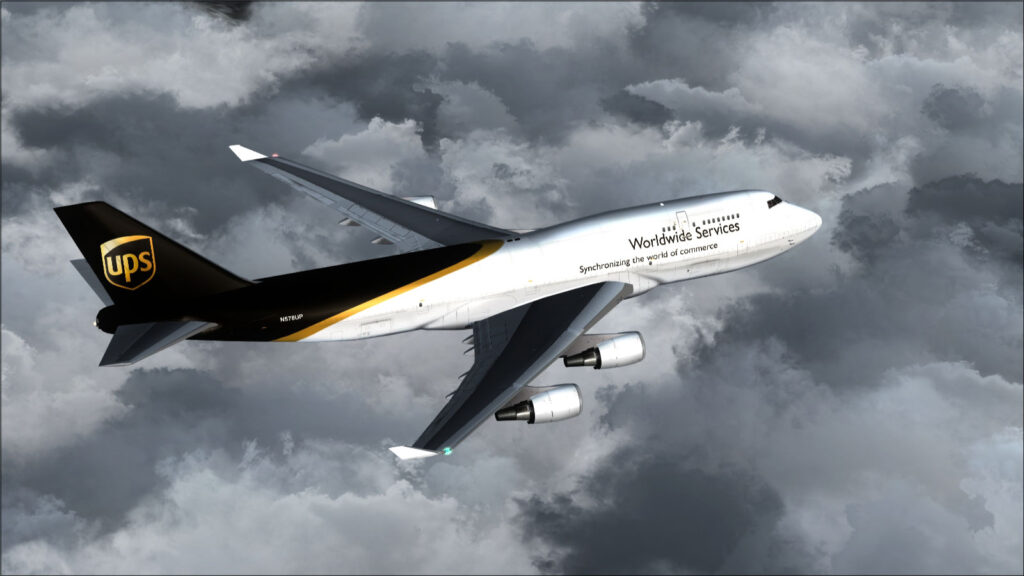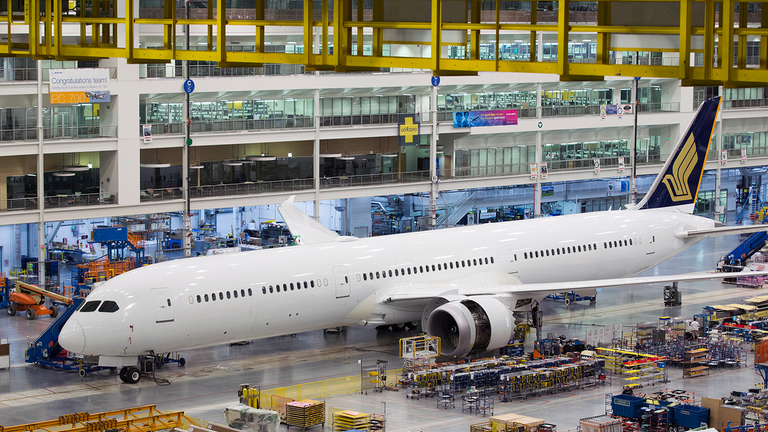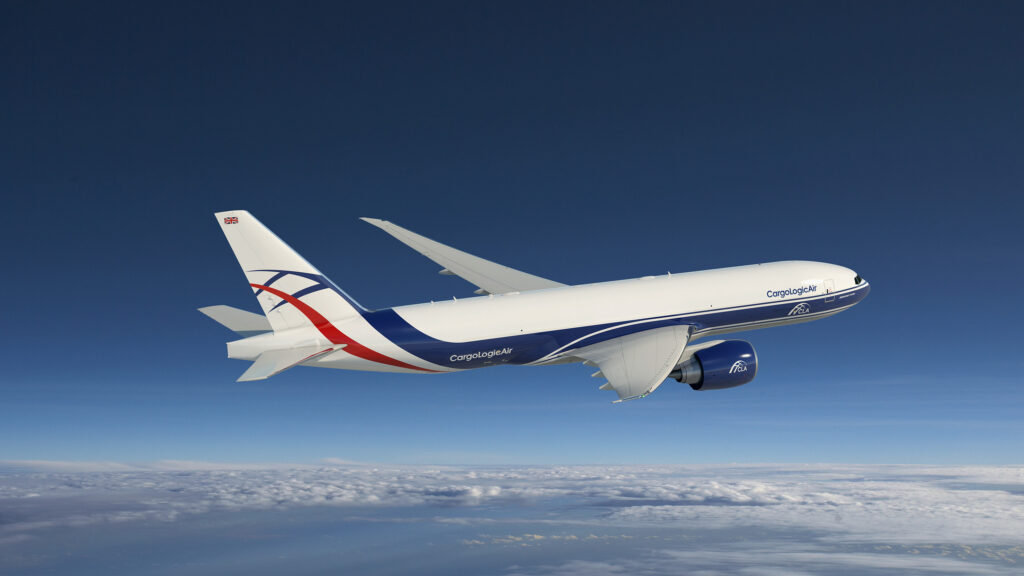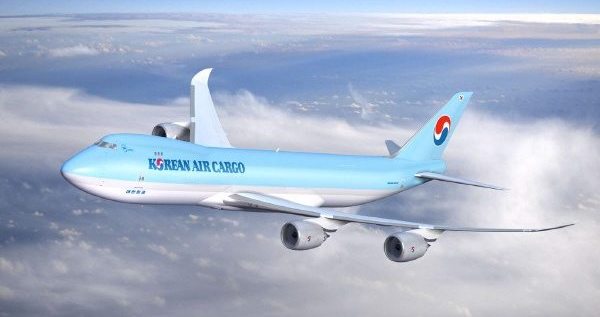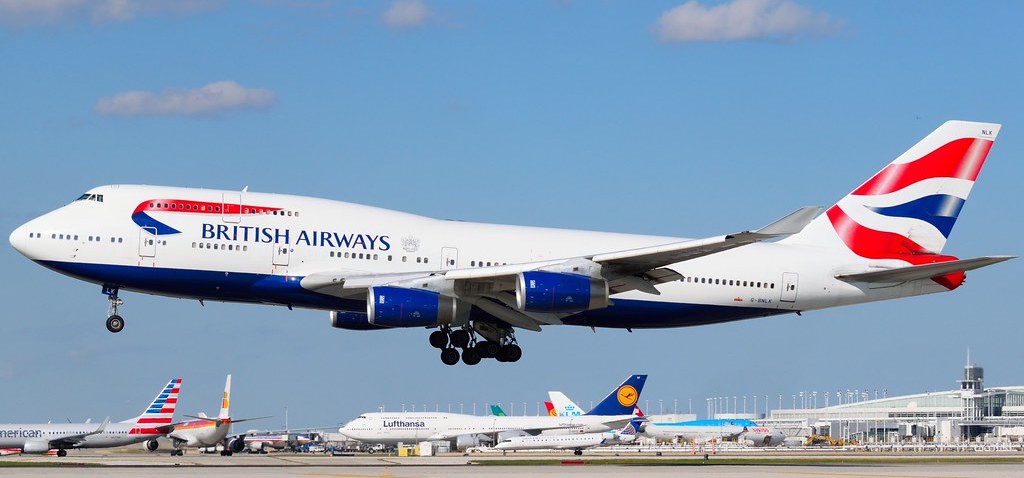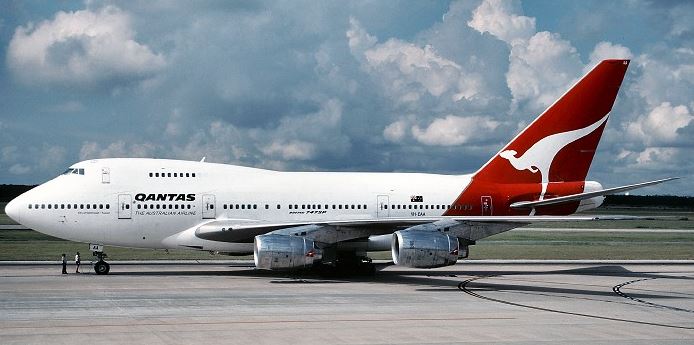Boeing Announces Third-Quarter Deliveries
The Boeing Company [NYSE: BA] announced today major program deliveries across its commercial and defense operations for the third quarter of 2020. "We continue to work closely with our customers around the globe, understanding their…
